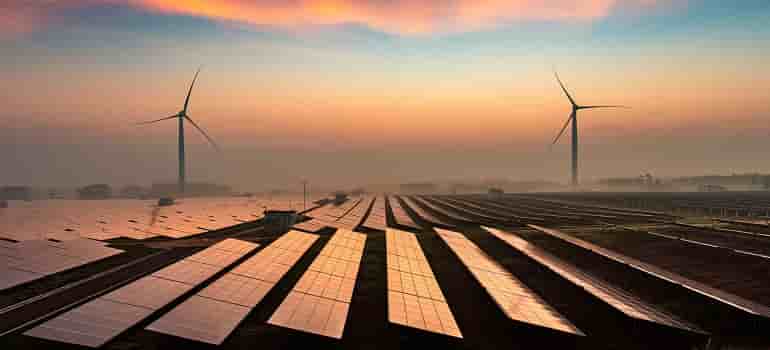Business leaders urge governments to set ambitious and actionable renewable energy goals, unlocking investment, energy security, and economic growth.
Governments Urged to Seize Investment Opportunity in Clean Energy. As the official deadline for updated Nationally Determined Contributions (NDCs) arrives, business leaders worldwide are urging governments to adopt ambitious, investible renewable energy targets. The private sector, including energy buyers, suppliers, and investors, highlights that robust NDCs are not just climate commitments—they are essential blueprints for economic growth, energy security, and job creation.
The Case for Strong NDCs
Since the first NDCs were introduced in 2015, the renewable energy sector has witnessed exponential growth. Clean energy now accounts for over 30% of global electricity generation, battery costs have plummeted by 90%, and investments in the energy transition surpassed $2 trillion in 2024. However, despite this progress, current national plans will deliver only half of the required renewable energy growth by 2030, putting global climate targets at risk.
“Governments still have time to get this right—it is better to have good plans than fast plans,” said Bruce Douglas, CEO of the Global Renewables Alliance. “The private sector is ready to invest in renewables, but we need clear policy signals through ambitious, long-term energy plans. Weak commitments mean falling behind in the booming clean energy economy.”
Economic Growth and Global Competitiveness at Stake
Industry leaders emphasize that nations with clear renewable energy policies will attract greater investment, create new jobs, and strengthen their position in the global clean energy transition.
“Strong NDCs mean strong economies,” said Gonzalo Saenz de Miera, Director of Climate Change and Alliances at Iberdrola. “Countries that set clear renewable energy targets will attract investment, create jobs, and secure their place in the global clean energy transition.”
Despite progress from countries like the UK and Brazil, many of the 195 signatories to the Paris Agreement are still finalizing their updated plans. Business leaders warn that delays in setting ambitious targets could hinder the clean energy boom.
“All major economies should take the lead and set their targets well before the UN General Assembly in September 2025,” urged Douglas. “This will kick off a global race to the top in climate ambition and send the right signals to investors, as we’ve already seen with some first movers.”
The Need for Actionable Renewable Energy Policies
The clean energy market is projected to triple within the next decade, presenting a clear choice for governments: step up with ambitious climate plans or risk being left behind.
“Renewables are the fastest and cheapest route to new power capacity,” said Michael Hannibal, Partner at Copenhagen Infrastructure Partners. “With energy demand rapidly surging, ambitious and actionable NDCs are the most direct pathway for countries to deliver reliable and affordable energy to consumers and industry while bolstering domestic growth and job creation.”
Over 200 organizations are calling on governments to #NowDeliverChange by setting clear, specific, and actionable renewable energy targets in their NDCs.
For more details on the campaign and its supporters, visit: Global Renewables Alliance – Now Deliver Change


